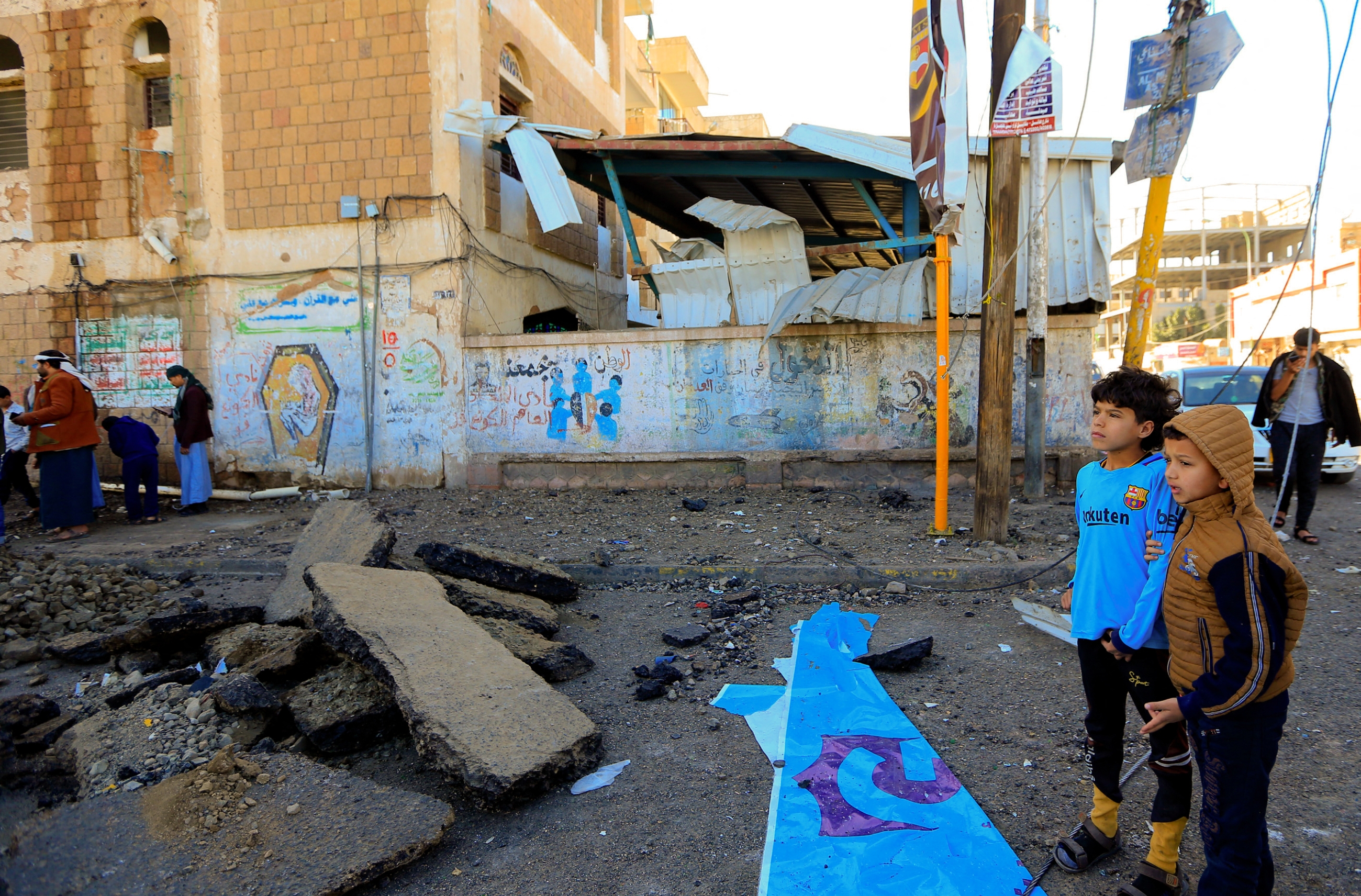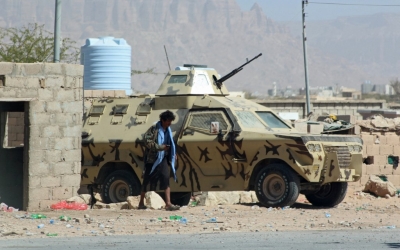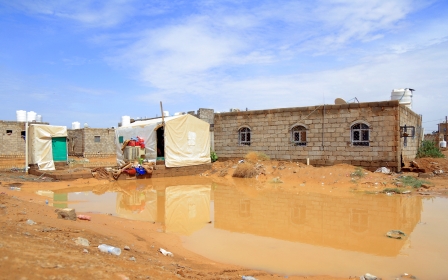Lawmakers call for more oversight of US aid to Gulf states, citing civilian harm in Yemen

A bipartisan group of lawmakers on Wednesday urged the Biden administration to take further measures to ensure US military support to Saudi Arabia and the United Arab Emirates does not contribute to civilian casualties in Yemen.
"A failure to reckon with the devastation the United States may be complicit to in Yemen would represent a failure in the Biden administration's stated prioritization of human rights and our core democratic values," the lawmakers said.
Senators Elizabeth Warren, Bernie Sanders and Mike Lee sent letters to the State Department and Pentagon in response to a US congressional watchdog report that found the US had failed to determine how its aid to Gulf allies was linked to civilian casualties.
The lawmakers called the findings "an unacceptable failure".
"We urge you to review whether or not the Saudi and Emirati governments are taking the necessary precautions to prevent harm to civilians in Yemen," the letters said.
"If either are found to be in violation, we urge State to halt all arms sales to either country until it can verify they are taking steps to protect civilians."
The US Government Accountability Office (GAO) published the report, which was obtained by HRW and also reported by the New York Times. The authors said that neither the State Department nor the Department of Defence could "provide evidence" that they had "investigated any incidents of potential unauthorized use of equipment transferred to Saudi Arabia or UAE".
US aid in question
Yemen descended into civil war in 2014, when Iran-aligned Houthis seized the capital, Sanaa, forcing the internationally recognised government to flee to Saudi Arabia. Riyadh and a coalition of regional allies, chiefly the UAE, intervened in March 2015 to push the Houthis back.
The Saudi-led coalition has carried out more than 22,000 air strikes in an effort to roll back the Houthi rebels, with one-third striking non-military sites - including schools, factories and hospitals, according to the Yemen Data Project. The Houthis have targeted Saudi and Emirati cities and infrastructure with drones and missiles.
"The [Saudi-backed] alliance has carried out deadly strikes using combat jets and munitions that have been supplied and maintained largely by American companies with the approval of the State Department and the Pentagon," the GAO report said.
The US began supporting the Saudi-led war effort in Yemen under President Obama. Riyadh has come under criticism from both Republican and Democratic lawmakers for the war.
Upon taking office, President Biden pledged to halt offensive support to Washington's Gulf ally, while maintaining defence aid to the kingdom. Saudi Arabia is the top buyer of US arms. Between 2017 and 2021, the oil-rich kingdom bought 23 percent of all US weapons sold overseas, according to the Stockholm International Peace Research Institute.
In their letter, the lawmakers pointed to $319m in logistical support the US provided to Saudi Arabia and the UAE, without tracking how the countries use that support, "meaning civilian harm could be the direct result of aid provided by the United States without our knowledge".
Biden has sought, amid a global energy crisis and the war in Ukraine, to patch up ties with the kingdom he once pledged to make a "pariah". However, the war in Yemen remains a lightning rod for critics of Saudi Arabia and progressive members of Biden's party, who have asked the White House to clarify the US role in the conflict.
Fighting in Yemen has largely subsided since a truce was signed in April. Earlier this summer, the warring parties agreed to extend the halt in fighting until October. The UN is working to press the Houthis and the Saudi-backed government to deepen the ceasefire.
Yemen remains a humanitarian catastrophe. The country has been pushed to the brink of famine and more than two-thirds of the country's 30 million population are in need of aid.
Middle East Eye delivers independent and unrivalled coverage and analysis of the Middle East, North Africa and beyond. To learn more about republishing this content and the associated fees, please fill out this form. More about MEE can be found here.






